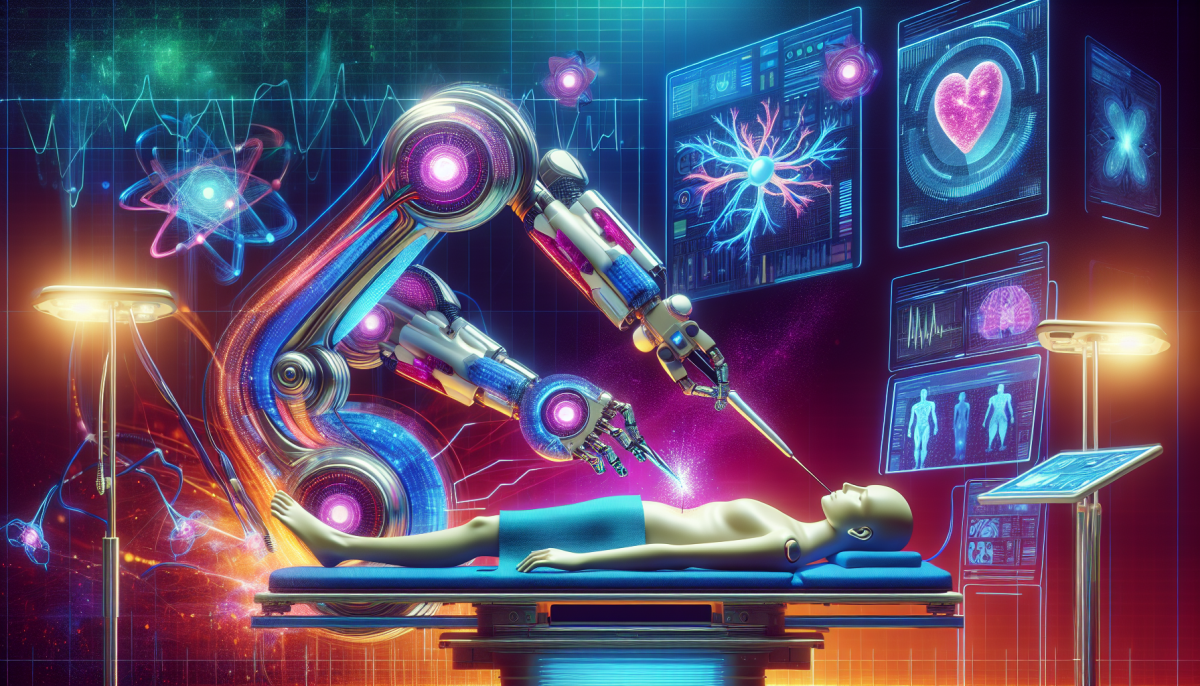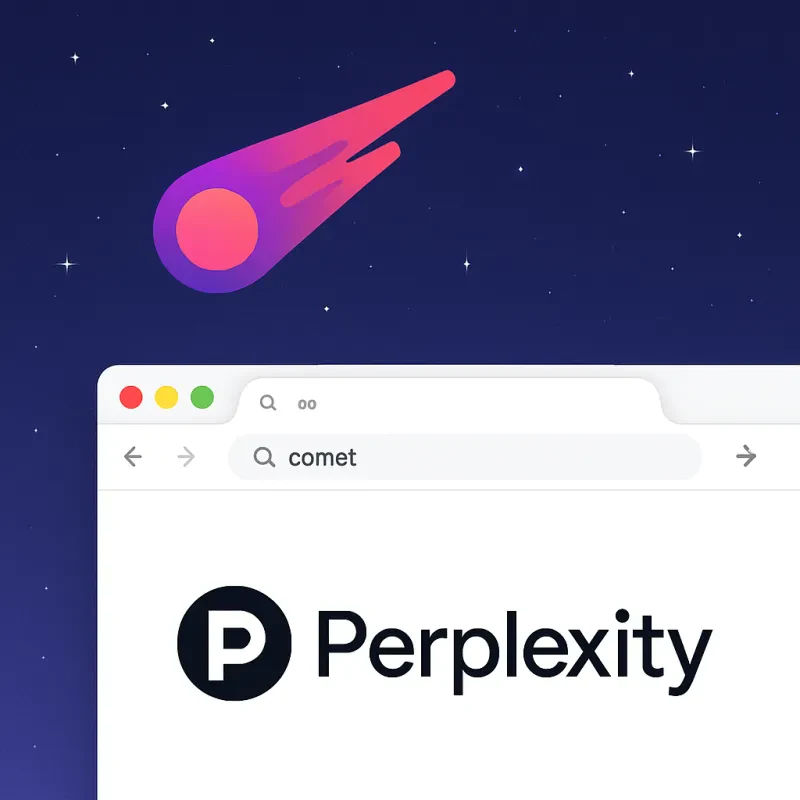AI is changing the game in healthcare, especially in diagnostics. Early detection of diseases can make a huge difference in treatment outcomes. With AI, we’re not just talking about faster results but more accurate ones too. Machine learning algorithms can analyze tons of data quickly, spotting patterns that humans might miss.
Imagine a scenario where a patient goes for a routine check-up. AI tools can look at their medical history, lab results, and even imaging studies in a heartbeat, flagging any unusual signs. This early intervention can lead to timely treatments, improving chances of recovery. Instead of waiting weeks for results from multiple tests, doctors can have insights almost instantly.
AI doesn’t just streamline the process; it helps personalize care. By considering individual risk factors and genetic profiles, AI can guide doctors in creating tailored treatment plans. It’s like having a super-smart assistant that supports every clinical decision, giving patients the best shot at wellness.
Plus, this technology works round the clock. AI systems can monitor ongoing data from patients in real-time. If something changes or a new risk emerges, the system alerts healthcare providers immediately. This proactive approach means doctors and patients stay one step ahead, making healthcare not just reactive, but genuinely preventative.
Personalized Treatment Plans with AI
Personalized treatment plans are changing the way healthcare is delivered, and AI is at the forefront of this revolution. Imagine walking into a clinic and instead of a one-size-fits-all approach, the doctor pulls up a treatment plan that’s tailored just for you. That’s the power of AI.
AI analyzes a ton of data, from your medical history to the latest research. It can spot patterns and make connections that a human might miss. This allows doctors to consider your unique situation—your lifestyle, genetics, and even your preferences. With AI by their side, doctors can create plans that actually fit your needs.
Think about how this can improve your experience. You’ll likely get treatments that have been shown to work best for people like you, leading to faster recovery times and better outcomes. Plus, you won’t waste time on trials and errors that often come with traditional methods.
Another cool part? AI can keep improving those plans as new treatments and data come in. It's like having a personal coach that learns how to help you better every day. You’re not just a patient; you’re a partner in your healthcare journey.
Streamlined Patient Care for Better Experience
AI is changing the game in healthcare, especially when it comes to patient care. Imagine getting the right treatment faster, with less stress involved. That’s what AI can do! By analyzing large amounts of data quickly, AI systems help healthcare providers make informed decisions about patient care.
For example, AI can track patient records and highlight important details that a busy doctor might miss. This not only speeds up the diagnosis but also ensures that treatment plans are tailored specifically to individual needs. It’s like having a super-smart assistant that knows your medical history inside and out.
AI chatbots are another cool feature making waves in patient care. They can answer questions, schedule appointments, and even provide reminders for medication. This keeps patients engaged and informed without overwhelming them. No more waiting on hold or dealing with confusing paperwork!
Plus, the use of AI in telemedicine is a game-changer. Patients can have virtual consultations from the comfort of their homes, which can save time and reduce stress. With AI, doctors can monitor symptoms in real-time, making adjustments to treatment plans as needed. This creates a smoother, more streamlined experience for everyone involved.
Data Analysis Transforming Health Research
Data analysis is a game-changer in health research. It's all about taking the massive amounts of data generated in healthcare and turning it into insights that lead to better treatments and outcomes. With the help of AI, researchers can now sift through patient records, clinical trials, and health surveys faster than ever. This means finding patterns in diseases and treatments that were once hard to spot.
Imagine AI tools taking the guesswork out of analyzing results. They can identify trends and correlations between different factors. For example, they can help researchers see how lifestyle choices impact health outcomes. This can guide public health initiatives, tailoring solutions that directly address specific issues in communities.
The ability to predict health risks is also a major benefit. AI analysis can highlight which individuals are at higher risk of certain diseases based on their data. This proactive approach allows for early interventions, which can be crucial in preventing serious health issues.
Plus, when data from diverse groups is analyzed, it helps create a more inclusive understanding of health. This ensures that new treatments and medications are effective for a broader range of people, making healthcare more equitable.



